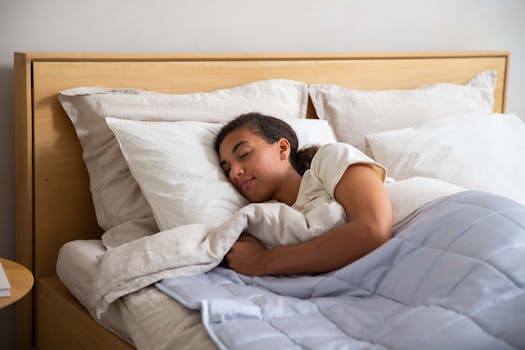
Creating a Balanced Sleep Routine for Better Rest
Creating a balanced sleep routine for better rest is essential for our overall health and wellbeing. Creating a balanced sleep routine for better rest can help improve the quality of our sleep, increase our energy levels, and enhance our mental and physical performance. In this article, we will discuss the importance of a balanced sleep routine and provide tips on how to create one.
Why is Sleep Important?
Sleep is a vital aspect of our lives, and it plays a critical role in our physical and mental health. During sleep, our body repairs and regenerates damaged cells, builds bone and muscle, and strengthens our immune system. Sleep also helps to improve our cognitive function, including attention, memory, and problem-solving skills.
Benefits of a Balanced Sleep Routine
A balanced sleep routine can have numerous benefits for our health and wellbeing. Some of the benefits include:
- Improved sleep quality
- Increased energy levels
- Enhanced mental and physical performance
- Better mood and reduced stress levels
- Improved cardiovascular health
- Stronger immune system
Creating a Balanced Sleep Routine
Creating a balanced sleep routine involves establishing a consistent sleep schedule, creating a sleep-conducive environment, and avoiding stimulating activities before bedtime. Here are some tips to help you create a balanced sleep routine:
- Go to bed and wake up at the same time every day, including weekends
- Create a relaxing bedtime routine, such as reading a book or taking a warm bath
- Make your bedroom a sleep haven, with a comfortable bed and soothing colors
- Avoid stimulating activities before bedtime, such as watching TV or using electronic devices
- Avoid caffeine, nicotine, and heavy meals close to bedtime
Additional Tips for Better Sleep
In addition to creating a balanced sleep routine, there are several other tips that can help improve the quality of your sleep. These include:
- Getting regular exercise, but not too close to bedtime
- Practicing relaxation techniques, such as deep breathing or meditation
- Avoiding naps during the day
- Getting some morning sunlight exposure to help regulate your circadian rhythms
- Avoiding screens and electronic devices at least an hour before bedtime





